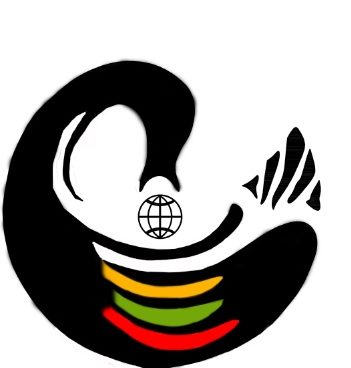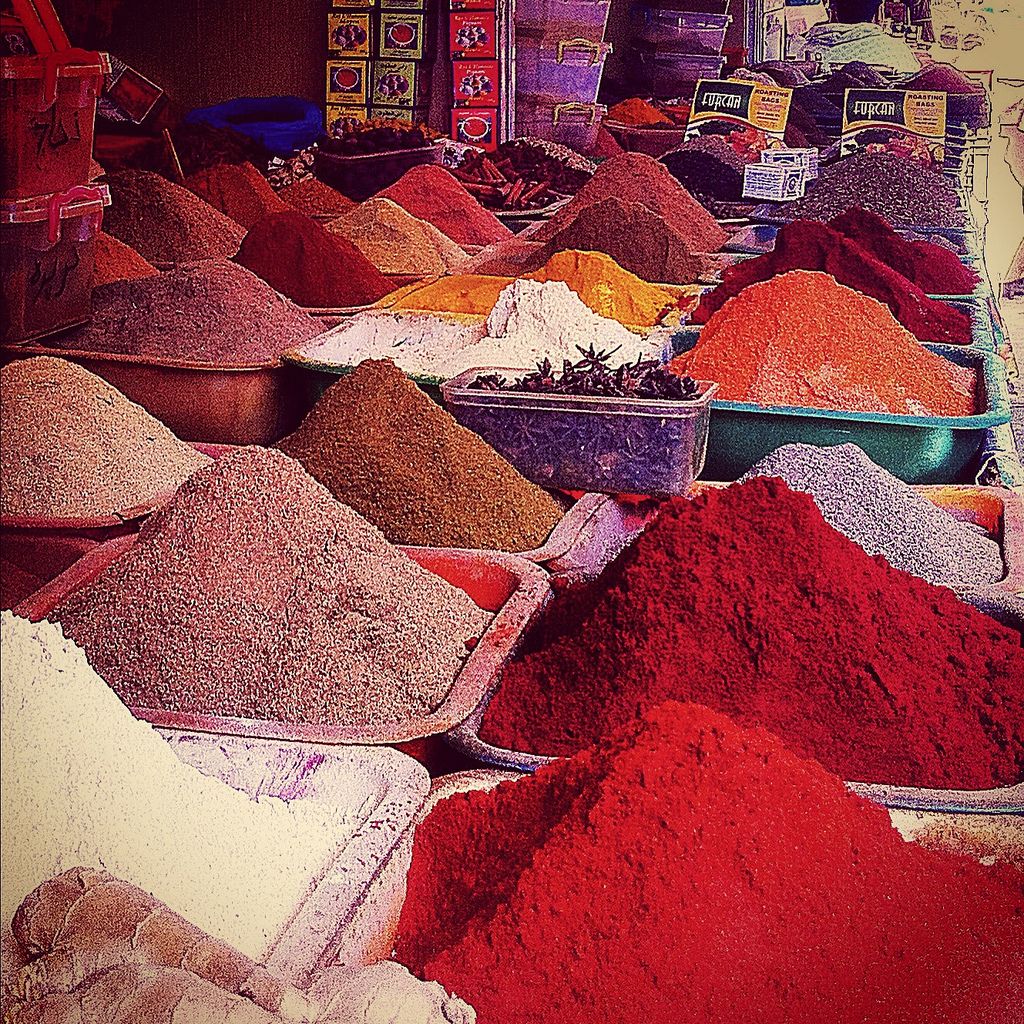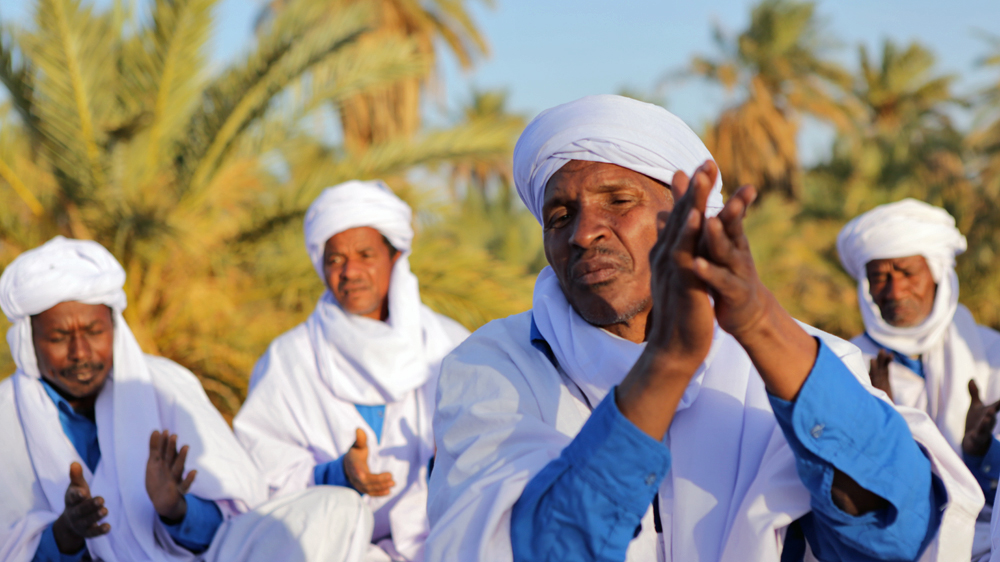Algeria is a large, predominantly Muslim country of Northern Africa. Spanning a land mass of 2,381,741 square kilometers. The population density in Algeria is 18 people per Km. The largest city is Algiers with a population of 1,977,663.
From the Mediterranean coast, along which most of its people live, Algeria extends south into the Sahara desert, one of Earths hottest surfaces. The Sahara desert equals more than four fifths of the country’s area which is why it has also been known as the “Dream of Sand”. Algeria is bounded tothe east by Tunisia and Libya; to the south by Niger, Mali, and Mauritania; tothe west by Morocco and Western Sahara); and to the north by the Mediterranean Sea.
It is a vast country—the largest in Africa and the 10th largest in the world. More than three-fourths of the country is ethnically Arab, though most Algerians are descendants of ancient Amazigh groups who mixed with various invading peoples from the Arab Middle East, southern Europe, and sub-Saharan Africa. Arabic became the official national language of Algeria in 1990, and most Algerians speak one of several dialects of vernacular Arabic. Algeria’s economy is dominated by its export trade in petroleum and natural gas. It’s main export partners are the United States, Italy, Spain, France and Canada. The European Union (EU) is Algeria’s largest trading partner and absorbs the major part of their international trade (50.3%) Culture, Events,& Dining National Amazigh Film Festival Held in January, this movie festival showcases full-length feature films,documentaries, shorts, and animations that celebrate the Amazigh culture in Algeria.
Ghardaia Carpet Festival
This mid-march event is centered on the tradition of carpet-weaving in Algeria. Artisans and designers come together to exhibit and sell their work, as well as participate in competitions. This event is also accompanied by traditional music.




